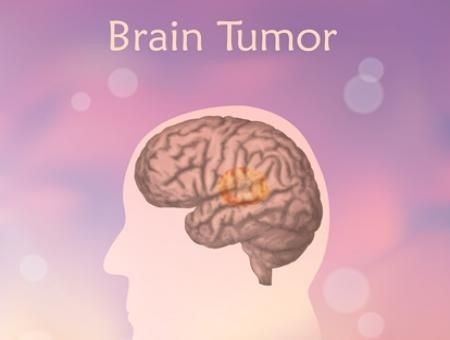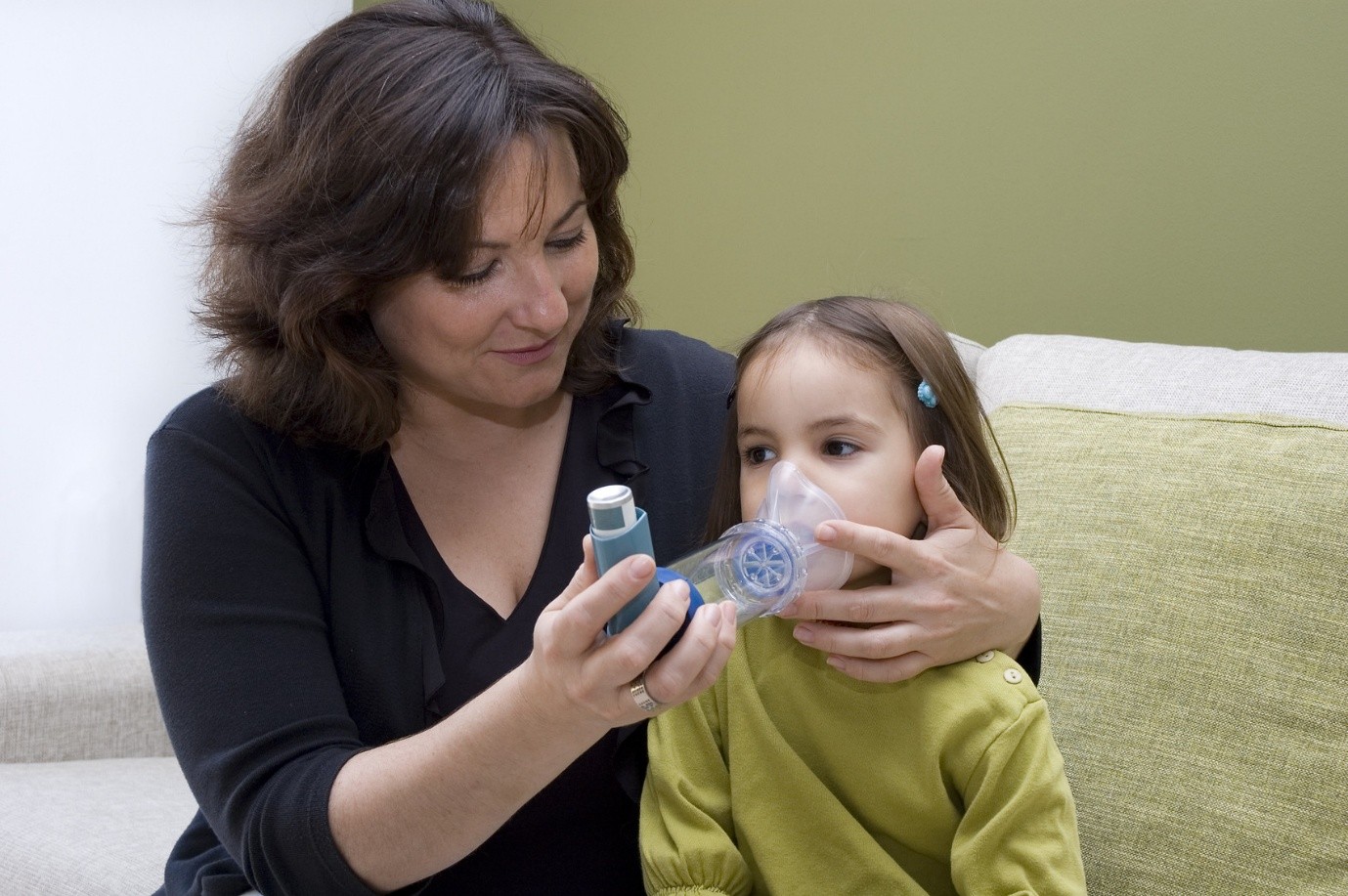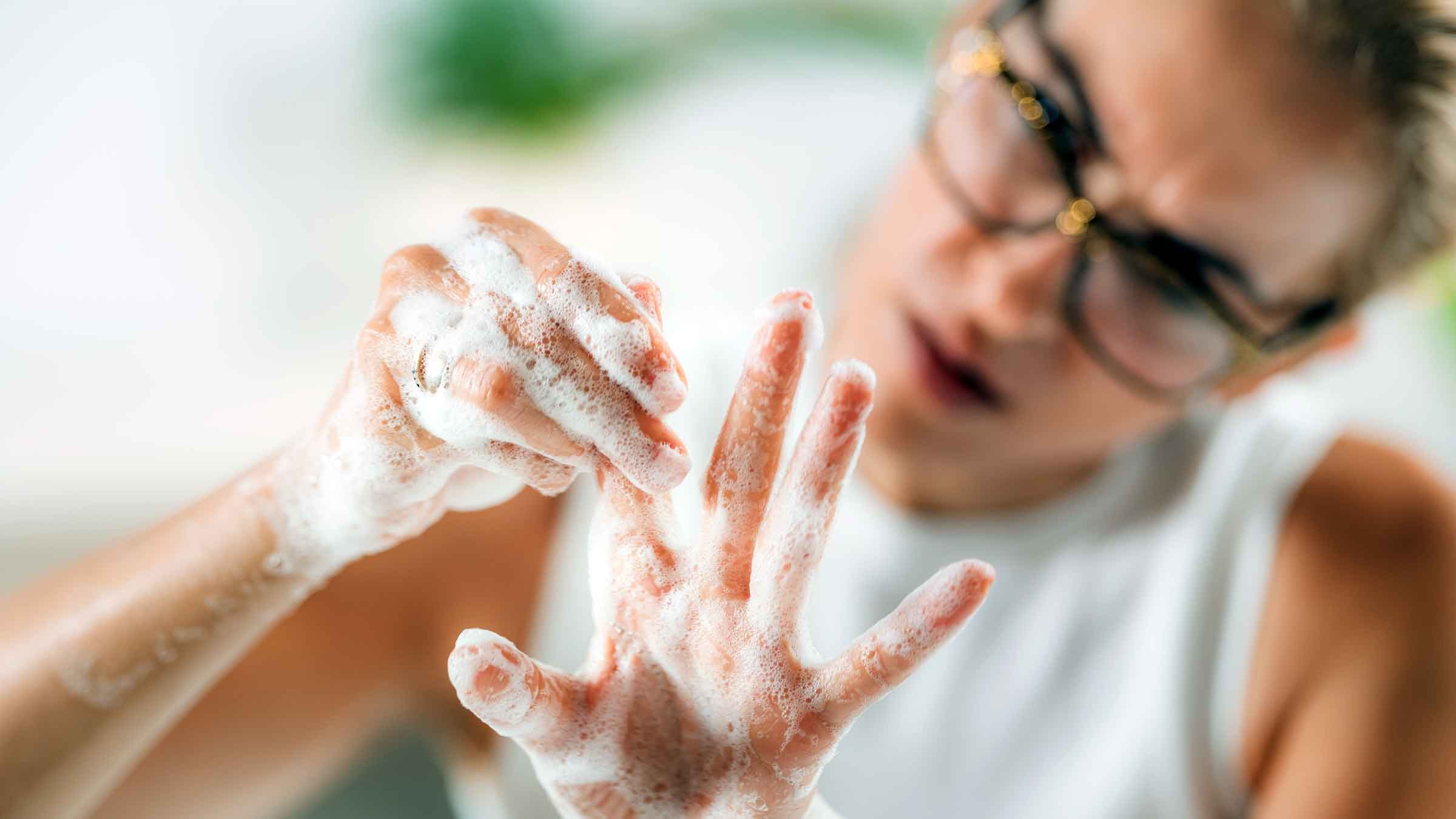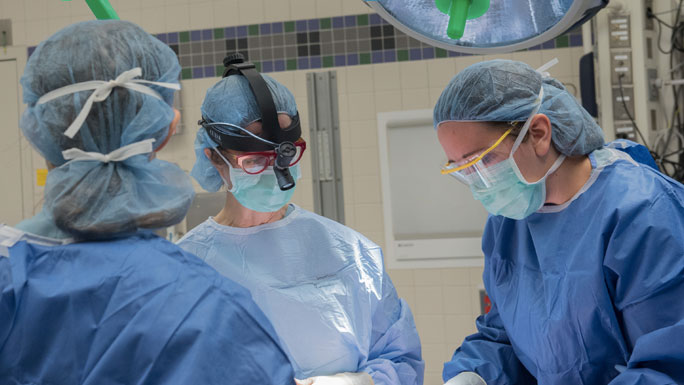Brain Tumour in Adults and Children: Symptoms, Diagnosis & Treatment

Brain tumors could be malignant (cancerous) or benign (noncancerous) and could affect kids and adults. But whether they were cancerous or not, brain tumors could impact the brain function if they growing huger enough to presses on surrounding tissues. There were some treatment alternatives to brain tumors. Common Symptoms (Adults & Children) • Headaches: Frequent, […]













